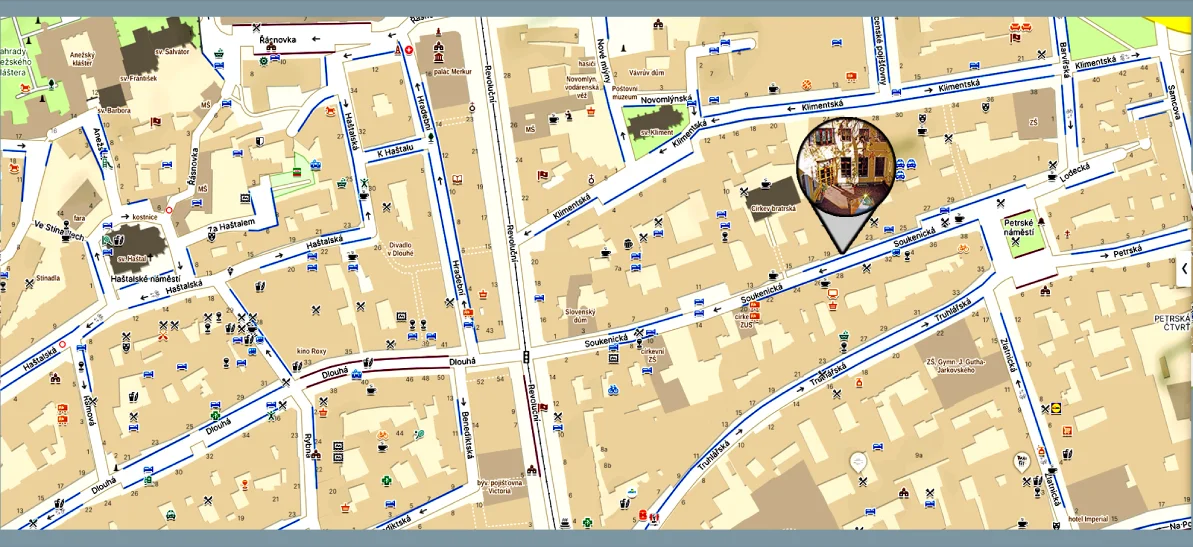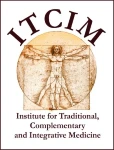
Nicky Pawan Kaur - India
Abstract of the presentation
Chandigarh Spinal Rehab – Empowering Lives Through a Standalone Model of Neurorehabilitation in India
Co-authors: Tejinder Saluja-Head of Operations-Chandigarh Spinal Rehab
Branch: Other (Standalone & Comprehensive model Rehabilitation)
Background: Chandigarh Spinal Rehab, established in 2016, is a pioneering, not-for-profit centre offering multidisciplinary neurorehabilitation to individuals affected by spinal cord injury (SCI) and other neurological conditions. Its mission is to enable independent living and enhance quality of life through world-class, affordable care. The centre offers a comprehensive rehabilitation framework that integrates physiotherapy, occupational therapy, psychological counselling, specialized yoga, assistive technology, bladder and bowel management, wound care, peer mentorship, and vocational training. In addition, it promotes community reintegration through caregiver training, inclusive sports, cultural expression, and purposeful employment pathways.
Impact on Rehabilitation: With an in-patient capacity of 30 beds and dedicated outpatient services, Chandigarh Spinal Rehab has rehabilitated over 800 individuals and impacted more than 17,500 lives through awareness programs, outreach activities, and direct care. Notable, 41% of patients received care free of cost, upholding the centre's inclusive ethos. The team has successfully healed 125 life-threatening pressure injuries in-house, and 30 patients have undergone life-saving surgeries. 52% of rehabilitated quadriplegics and 83% of paraplegics are now leading productive lives. Alumni success includes 5 athletes who have represented India internationally, earning two gold, two silver, and two bronze medals. Additionally, eight alumni have medalled at the national or state level, and several have completed MBAs from top institutes. Notable milestones include the formation of Flowing Karma—India’s first wheelchair band.
Chandigarh Spinal Rehab's integration of peer mentorship and inclusive programming fosters self-reliance, dignity, and social acceptance. Its structured, person-first approach transforms beneficiaries into community contributors and leaders. The centre's comprehensive and cost-effective model demonstrates that high-quality rehabilitation is achievable even in low-resource settings. Its interdisciplinary structure, coupled with a strong ethos of social reintegration, positions it as a replicable blueprint for SCI/TBI care globally. This work aligns with the WHO’s priority of inclusive health systems and underscores the transformative potential of person-first rehabilitation. Community outreach initiatives—such as wheelchair distribution drives, awareness campaigns, inclusive sports meets—have further broadened the centre's impact and created scalable partnerships.
Please note that some of the texts also include machine-generated translations.





